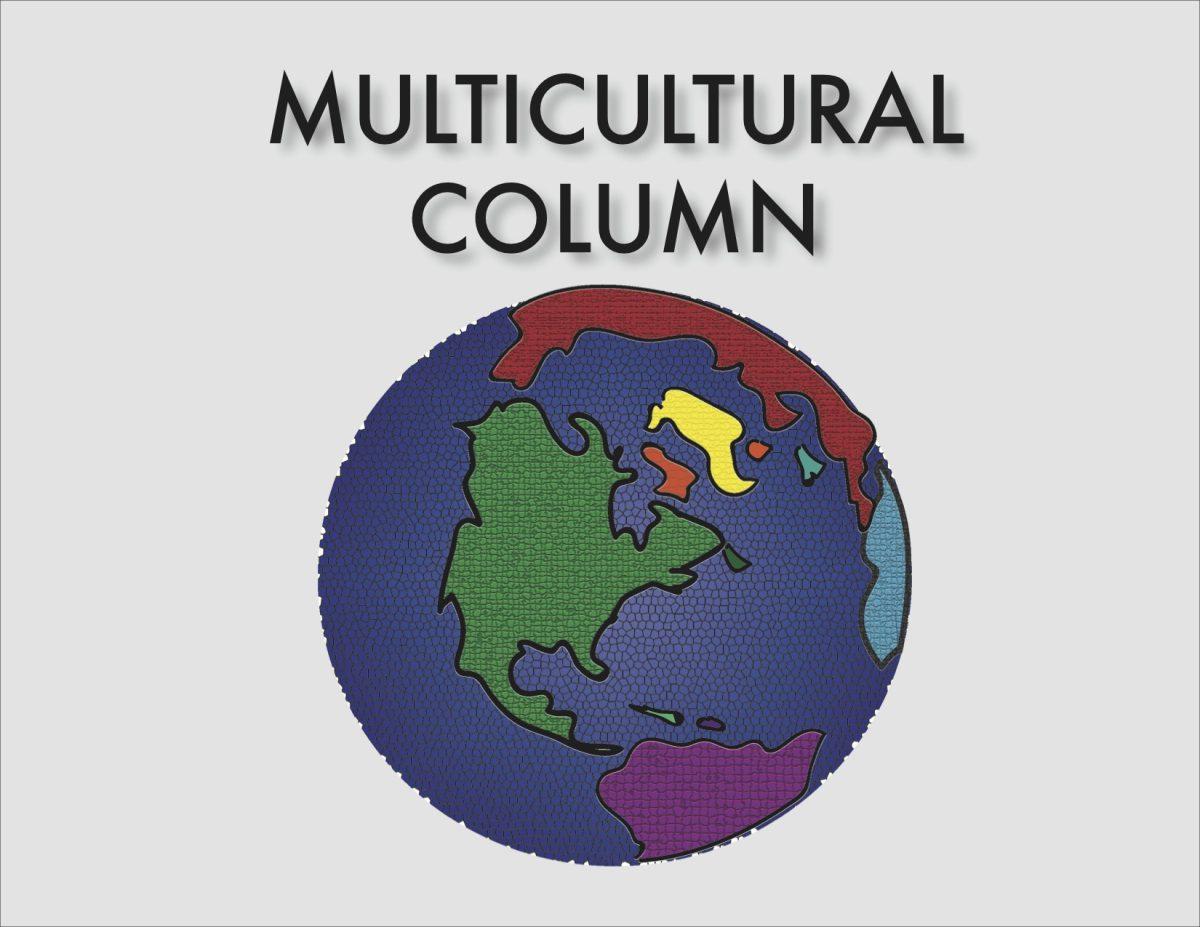Last week, I attended the on-campus community conversation about Islamophobia, and Gwendolyn Sands ’18, who is a part of the Unitarian Universalist community with me and is a Multifaith Council Representative for our community, moderated the smaller group conversation in which I participated. Gwendolyn posed the question, “What is it like to be religious on this campus?” My immediate thought, even despite being from a religion that many people have not heard of and that has not been the target of bigotry was that it is very difficult to be religious and/or spiritual here at Wellesley. As we have seen, it is difficult to be a person of faith while being a student, whether that be simply because you feel you cannot say grace before having a meal in a dining hall or because you feel unsafe inhabiting your religious identity because of Islamophobia or other injustices within our campus community.
When I first came to Wellesley, I was spiritual and a humanist (both in the academic sense and the religious sense), but I didn’t have a name for my particular philosophy about life. I found the Unitarian Universalist (UU) group by happenstance, and it has been the only group I’ve stuck with for all of my four years at Wellesley. I think that I was already a UU without knowing what that was. To explain UUism, I usually tell people that the most important of our seven principles is that we affirm in the inherent worth and dignity of every being. We have no “creed;” our sacred texts – including Abrahamic scripture as well as poetry by Mary Oliver and other spiritual readings – do not tell us whether to believe in God or whether to align ourselves with Christianity or any other religious denomination. UUism is nondenominational, but in our Wellesley UU group we have backgrounds in Judaism, Catholicism, Christianity and more, and one can be UU at the same time as identifying with another religion as well.
In my struggles at Wellesley with relationships, mental illness and my queer identity, this UU community has been my rock. As our phenomenal chaplain Joanna Lubkin always says during our worships, “Some of us come to this circle with heavy hearts; we open our hearts to you. Some of us come with joy; we share your joy.” This community is inclusive, open, anchoring, but I do not believe we are unique in this. Religious communities of all kinds can fulfill one’s needs for wonder and mystery and comfort and transcendence.
I think it is important that we be open both to our siblings for whom religion has been traumatic or closed-minded or irrelevant, and also to our siblings for whom religion has been an important and life-affirming part of our identities. We already know how to have great conversations; why not have more like the community conversation that happened in response to the Islamophobic defacing of the banner in the Multifaith Center, and not wait until such an injustice happens in order for these conversations to occur?
Besides being a buoy for me in my times of both joy and sorrow, the UU community has opened my eyes to the resource that is the Office of Religious and Spiritual Life (ORSL) more generally. ORSL has provided me with opportunities for the most diverse, difficult, probing and important group discussions that I’ve had at Wellesley in a structured setting.
I mentioned above that UUism does not definitely state whether its congregants should believe in a deity/deities or not. This makes our conversations about God rather open-ended and sometimes frustrating since there are no answers. However, I remember one conversation that I participated in that challenged this part of my faith; the conversation was organized by ORSL in order for members from each of the religious and spiritual organizations on campus to learn more about each other’s faiths. We went around the circle discussing what each of us believed about God, nodding in a friendly and interested way. A member of the Church of the Latter-day Saints sat next to a member of Hillel, sat next to a Hindu student, sat next to an Evangelical student, sat next to a Secular Wellesley representative, sat next to a Muslim representative, etc. One of these students had an important objection to our show-and-tell style of explaining our different theistic perspectives; however; she said that she could not truthfully say that she considered all of our beliefs to be true simultaneously because her religion stated that hers was the one and only God. It was important for me to hear this because my experience grappling with “the God question” differed so greatly. We were all eager to listen and to have a fruitful conversation without having to agree with each other. We did not only need to feel warm and open towards each other, but also needed to grapple with our differing, equally important, worldviews.
When we listen to others’ truths, we learn more about our own beliefs as well. We are struck by our differences and the great deal that we have in common, such as our desire for community and fellowship. In my last semester at Wellesley, I have been attending, and plan to continue to attend, as many multi-faith conversations as possible, both structured and spontaneous. And if your interest is piqued, I recommend you try engaging in these conversations, too.






